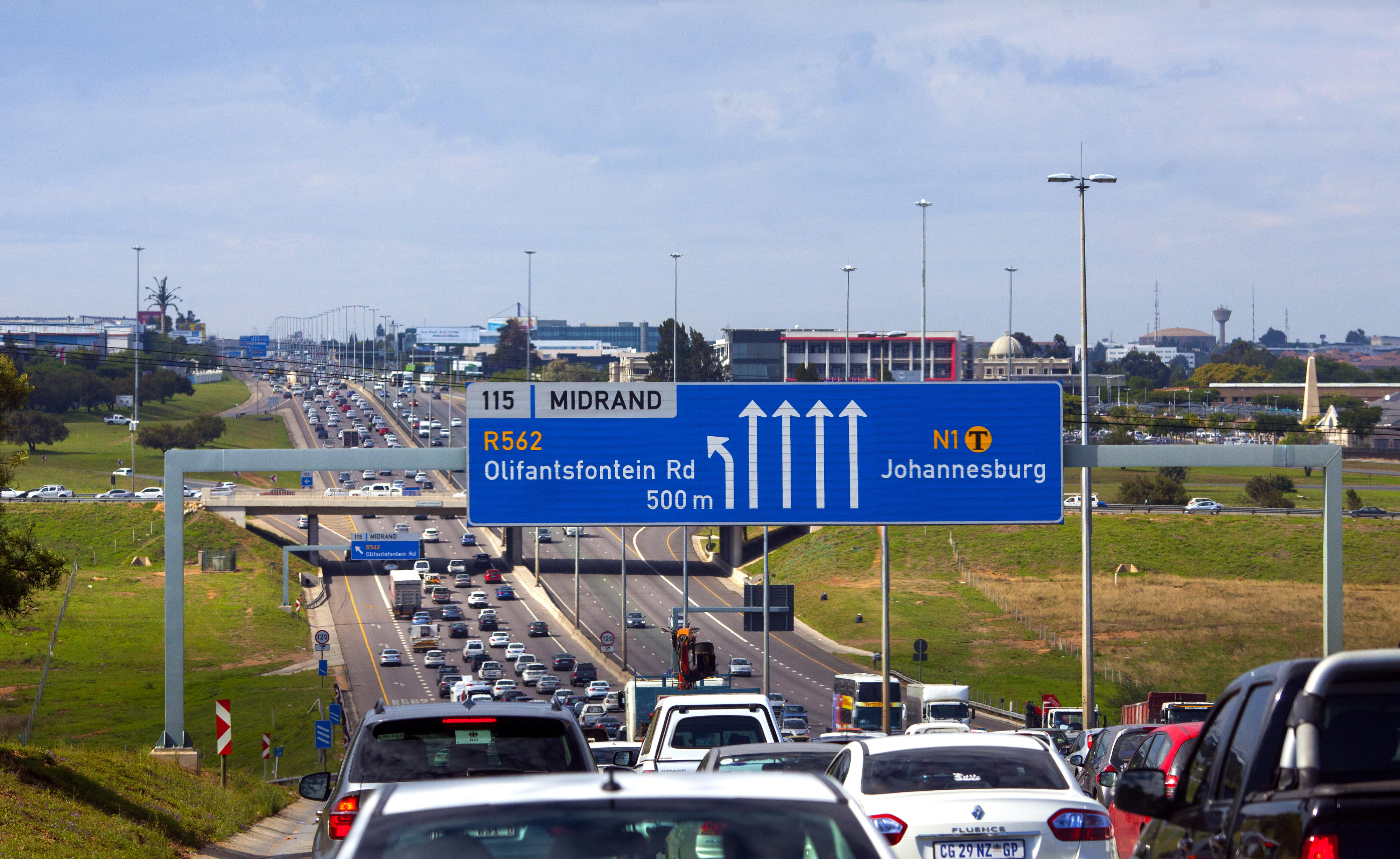Traffic on the N1 between Pretoria and Johannesburg in South Africa
Copyright© Ute Grabowsky/photothek.net
Political situation Start of a new political era
The ANC again became the strongest party in parliament, but for the first time it needed coalition partners. The new Government of National Unity consists of 10 parties representing a broad range of political positions.
ANC President Cyril Ramaphosa was confirmed again as President of South Africa in June 2024. He had been elected President in 2019, following the resignation of his predecessor, Jacob Zuma, in reaction to pressure from within his own party. Corruption had increased significantly under Zuma; political decision-making processes had been subject to massive influence from private interests and from the illegal use of resources for personal gain. These targeted efforts to undermine government authority had been a substantial factor in the deterioration of the economic environment in South Africa.
In the Corruption Perceptions Index (External link) compiled by the non-governmental organisation Transparency International, South Africa ranked 83rd out of the 180 countries evaluated in 2023.
Ramaphosa put forward an ambitious package of reforms. Plans include investment in infrastructure and rural areas, and support for private sector development. However, the government is only gradually succeeding in regaining the confidence of potential investors. Reforms are making slow progress and any economic upswing is still to be seen (see also Economic situation).
International involvement
South Africa today plays a leading political and economic role within Africa. It has been involved in efforts to resolve Africa's internal conflicts and to strengthen regional organisations like the African Union (AU) and the Southern African Development Community (SADC).
Within the global economy, South Africa acts as a bridge between industrialised and developing countries. In international organisations such as the United Nations, the G20 and the World Trade Organization (WTO), the country sees itself as a champion of African interests. On 1 December 2024, South Africa took on the presidency of the G20. The country is also one of the BRICS nations, an informal group of emerging economies.
As at: 27/11/2024
